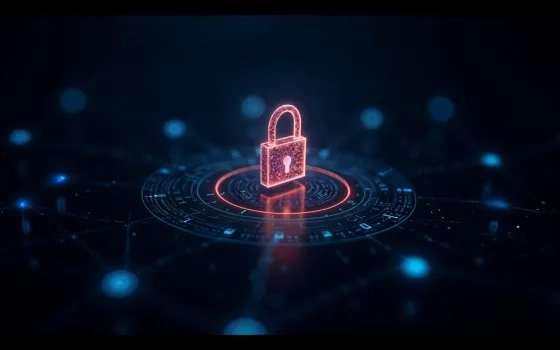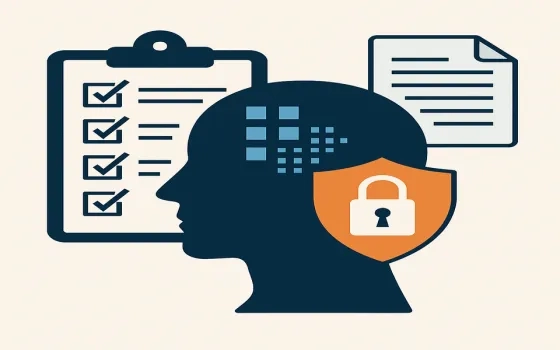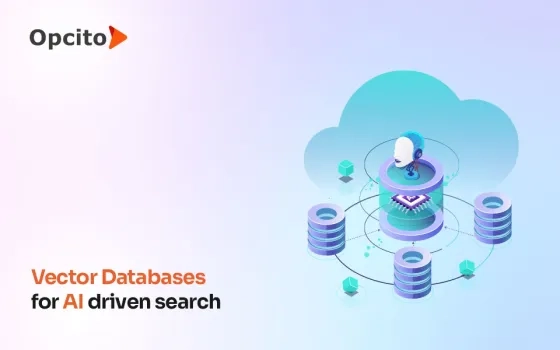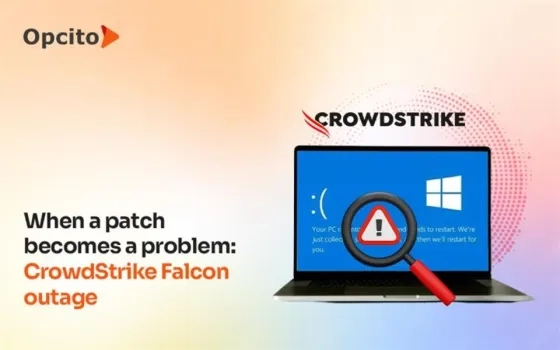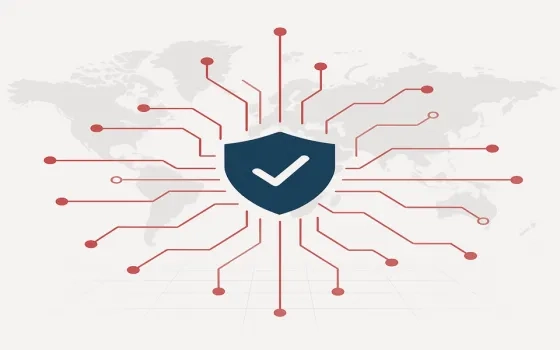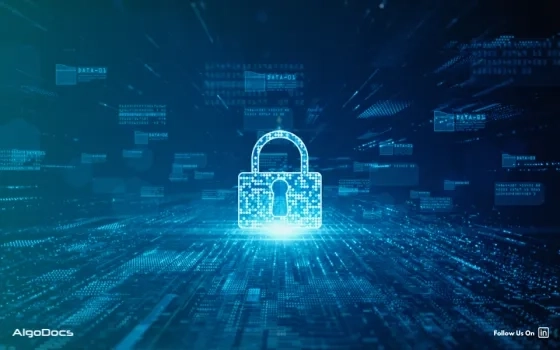I would like to highlight some facts before we start with this article. There are 2,200 cyberattacks happening per day. It is predicted that cybercrime will cost $8 Trillion by 2023 and in the US alone, data breach costs an average of $9.44M.
The point of highlighting these numbers is to show that companies worldwide are so vulnerable to cyberattacks. And therefore, there is a huge demand for highly skilled cybersecurity professionals. As per a study, there is a shortage of almost 770,000 cybersecurity specialists in the USA. So, if you are looking to get into a cybersecurity career, you have a great opportunity now. But do you possess the right cybersecurity skills required to establish yourself as a successful professional in this field?
Here we discuss the top cybersecurity skills that are in high demand now.
- Proficiency in Information Security Fundamentals
- Ethical Hacking and Penetration Testing
- Incident Response and Forensics
- Secure Coding Practices
- Knowledge of Cryptography
- Security Auditing and Compliance
- Threat Intelligence Analysis
Gaining expertise in any of these will help you advance further in your career. We will also see how cybersecurity certification can be helpful in gaining these as well.
Top Cybersecurity skills you must have
- Proficiency in Information Security Fundamentals:
A strong foundation in information security fundamentals is crucial for any cybersecurity professional. This includes knowledge of networking concepts, operating systems, and common security protocols. Understanding how data flows within networks, the vulnerabilities associated with different operating systems, and the purpose and implementation of security protocols are essential skills for protecting sensitive information.
- Ethical Hacking and Penetration Testing:
Ethical hacking, also known as penetration testing, involves identifying vulnerabilities and weaknesses in computer systems and networks. Proficiency in tools and techniques used in ethical hacking, such as network scanning, vulnerability assessment, and exploit development, is highly valued in the cybersecurity industry. The ability to think like a hacker and proactively identify security flaws allows organizations to strengthen their defenses.
- Incident Response and Forensics:
In the event of a security breach, effective incident response and forensics skills are essential for containing the damage, investigating the incident, and preventing future occurrences. These cybersecurity skills involve quickly identifying and analyzing security incidents, coordinating response efforts, and preserving digital evidence for forensic analysis. Incident response professionals are vital in minimizing the impact of security breaches and ensuring a swift recovery.
- Secure Coding Practices:
In cybersecurity career, coding skills are equally important. Understanding common coding vulnerabilities and implementing secure coding techniques can help prevent the introduction of security flaws in software applications. Skills in secure coding enable professionals to develop robust and resilient applications that protect against common attack vectors, such as SQL injection, cross-site scripting (XSS), and buffer overflows.
- Knowledge of Cryptography:
Cryptography is the cornerstone of modern information security. Professionals with a strong understanding of cryptographic principles, algorithms, and protocols are essential in developing secure communication channels, securing data at rest and in transit, and ensuring the integrity and authenticity of the information. Cryptography skills are particularly valuable in areas such as secure communications, data privacy, and access control mechanisms.
- Security Auditing and Compliance:
In an increasingly regulated business environment, organizations need professionals who can assess and validate their compliance with industry-specific regulations and security standards. Security auditing skills involve evaluating an organization's security controls, identifying gaps, and providing recommendations for improvement. Familiarity with frameworks such as ISO 27001, NIST, and PCI DSS is highly sought after by employers.
- Threat Intelligence Analysis:
Cybersecurity professionals need to stay updated with the evolving threat landscape. Threat intelligence analysis involves monitoring and analyzing emerging threats, understanding attacker tactics and techniques, and assessing potential risks to an organization's infrastructure. By understanding the motivations and methods employed by threat actors, professionals can better anticipate and mitigate cybersecurity risks.
How to gain these cybersecurity skills?
There are various ways in which you can learn these important skills expected from cybersecurity professionals. You can complete the relevant cybersecurity qualifications, learn from online courses, get an internship, or get certified.
It is recommended to check different cybersecurity certifications available like the ones offered by the United States Cybersecurity Institute (USCSI®). Their Certified Cybersecurity Consultant (CCC™) certification is the most effective program that not only equips you with the latest and trending cybersecurity skills but can also help validate your learnings and dedication toward this domain. With CCC™ you can learn several in-demand skills and get to practice those in real-world scenarios.
Conclusion
We now know what the core cybersecurity skills are that you must have in order to make a successful cybersecurity career. Also, there are various ways in which you can gain these skills. We advise you to check the skills you want to master, the one that matches your work interest and career goals. Then learn from the fundamentals to advance the concept of those skills with the help of online courses, and cybersecurity certifications and grow in your career.
I would like to highlight some facts before we start with this article. There are 2,200 cyberattacks happening per day. It is predicted that cybercrime will cost $8 Trillion by 2023 and in the US alone, data breach costs an average of $9.44M.
The point of highlighting these numbers is to show that companies worldwide are so vulnerable to cyberattacks. And therefore, there is a huge demand for highly skilled cybersecurity professionals. As per a study, there is a shortage of almost 770,000 cybersecurity specialists in the USA. So, if you are looking to get into a cybersecurity career, you have a great opportunity now. But do you possess the right cybersecurity skills required to establish yourself as a successful professional in this field?
Here we discuss the top cybersecurity skills that are in high demand now.
- Proficiency in Information Security Fundamentals
- Ethical Hacking and Penetration Testing
- Incident Response and Forensics
- Secure Coding Practices
- Knowledge of Cryptography
- Security Auditing and Compliance
- Threat Intelligence Analysis
Gaining expertise in any of these will help you advance further in your career. We will also see how cybersecurity certification can be helpful in gaining these as well.
Top Cybersecurity skills you must have
- Proficiency in Information Security Fundamentals:
A strong foundation in information security fundamentals is crucial for any cybersecurity professional. This includes knowledge of networking concepts, operating systems, and common security protocols. Understanding how data flows within networks, the vulnerabilities associated with different operating systems, and the purpose and implementation of security protocols are essential skills for protecting sensitive information.
- Ethical Hacking and Penetration Testing:
Ethical hacking, also known as penetration testing, involves identifying vulnerabilities and weaknesses in computer systems and networks. Proficiency in tools and techniques used in ethical hacking, such as network scanning, vulnerability assessment, and exploit development, is highly valued in the cybersecurity industry. The ability to think like a hacker and proactively identify security flaws allows organizations to strengthen their defenses.
- Incident Response and Forensics:
In the event of a security breach, effective incident response and forensics skills are essential for containing the damage, investigating the incident, and preventing future occurrences. These cybersecurity skills involve quickly identifying and analyzing security incidents, coordinating response efforts, and preserving digital evidence for forensic analysis. Incident response professionals are vital in minimizing the impact of security breaches and ensuring a swift recovery.
- Secure Coding Practices:
In cybersecurity career, coding skills are equally important. Understanding common coding vulnerabilities and implementing secure coding techniques can help prevent the introduction of security flaws in software applications. Skills in secure coding enable professionals to develop robust and resilient applications that protect against common attack vectors, such as SQL injection, cross-site scripting (XSS), and buffer overflows.
- Knowledge of Cryptography:
Cryptography is the cornerstone of modern information security. Professionals with a strong understanding of cryptographic principles, algorithms, and protocols are essential in developing secure communication channels, securing data at rest and in transit, and ensuring the integrity and authenticity of the information. Cryptography skills are particularly valuable in areas such as secure communications, data privacy, and access control mechanisms.
- Security Auditing and Compliance:
In an increasingly regulated business environment, organizations need professionals who can assess and validate their compliance with industry-specific regulations and security standards. Security auditing skills involve evaluating an organization's security controls, identifying gaps, and providing recommendations for improvement. Familiarity with frameworks such as ISO 27001, NIST, and PCI DSS is highly sought after by employers.
- Threat Intelligence Analysis:
Cybersecurity professionals need to stay updated with the evolving threat landscape. Threat intelligence analysis involves monitoring and analyzing emerging threats, understanding attacker tactics and techniques, and assessing potential risks to an organization's infrastructure. By understanding the motivations and methods employed by threat actors, professionals can better anticipate and mitigate cybersecurity risks.
How to gain these cybersecurity skills?
There are various ways in which you can learn these important skills expected from cybersecurity professionals. You can complete the relevant cybersecurity qualifications, learn from online courses, get an internship, or get certified.
It is recommended to check different cybersecurity certifications available like the ones offered by the United States Cybersecurity Institute (USCSI®). Their Certified Cybersecurity Consultant (CCC™) certification is the most effective program that not only equips you with the latest and trending cybersecurity skills but can also help validate your learnings and dedication toward this domain. With CCC™ you can learn several in-demand skills and get to practice those in real-world scenarios.
Conclusion
We now know what the core cybersecurity skills are that you must have in order to make a successful cybersecurity career. Also, there are various ways in which you can gain these skills. We advise you to check the skills you want to master, the one that matches your work interest and career goals. Then learn from the fundamentals to advance the concept of those skills with the help of online courses, and cybersecurity certifications and grow in your career.












